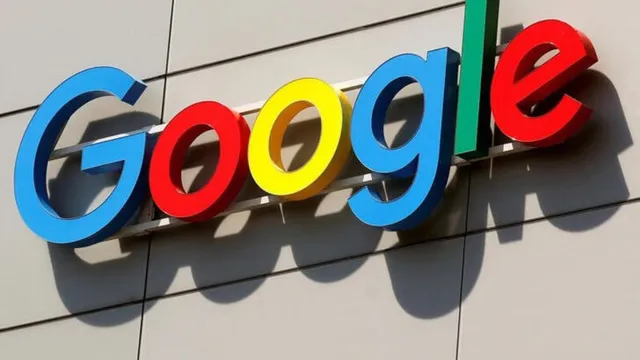- By Alex David
- Sun, 24 Aug 2025 08:53 PM (IST)
- Source:JND
Google’s Pixel Tablet, launched in 2023, was widely seen as the search giant’s renewed push into the tablet market. However, after months of silence, the company has now confirmed that it is stepping back from tablets altogether. According to a Bloomberg report, Google stated it has “given up on tablets until it figures out a meaningful future for the category”.
This announcement effectively ends speculation about follow-up devices. While there were reports of at least two more Pixel Tablet generations being in development, those projects have now been cancelled. For the foreseeable future, Google says it does not envision tablets being part of its product roadmap.
Google’s Reasoning – A Questionable Stance
Google’s reasoning for withdrawing from the tablet market is puzzling. The company has commented on the matter claiming that consumers will not carry more than a smartphone. This reasoning completely ignores the fact that tablets are for the most part used as entertainment, productivity, and education devices in the household, and not as a smartphone on the go.
ALSO READ: Airtel Apple Music Or Jio JioSaavn Pro: Choosing The Best Free Music Streaming Offer
In contrast, Apple continues to sell iPads by the millions each year, and the Galaxy Tab series continues to have a strong following globally. They both show that there is a continued strong consumer interest in tablets, even if they are not as easily portable as smartphones.
Software Shortcomings May Be the Real Issue
While it is framed as a strategic decision, analysts in the industry have put it down to the software ecosystem as the main issue. The existence of poorly optimized apps for tablets has plagued Android for years, and it has created a fractured experience for users.
Apple has constantly refined iPadOS over time, guaranteeing tablets have exclusive features and active software developer support. Samsung has made headway with One UI which enhances tablet productivity and multitasking; both these advances could explain low sales of Google's Pixel Tablet and its predecessors.
Impact on Pixel Fans
For enthusiasts of the Pixel line who were looking forward to a second iteration of the Pixel Tablet, this news is a bit of a bummer. It shows that Google is fully advancing from this category of devices, rather than making an effort to improve the design or experience with supported software updates.
Those waiting for a Pixel Tablet 2 have no other option but to look for a Galaxy Tab or iPad. Both of these tablets offer rich ecosystems, and long-term software support. Practically, both of these choices limit options in the Android tablet ecosystem, as Samsung continues to be one of the very few leaders in the industry.
Competitors Fill the Gap
The lack of Google’s presence, at this point in time, accomplishes a different focus to the overwhelming tech industry:
Apple iPad: Primary tablet of the market. It features numerous options on offer across different price ranges, a strong ecosystem of apps, and premium hardware.
Samsung Galaxy Tab: An off-brand alternative for tablets powered by Android. It includes large AMOLED display, support for S Pen, and DeX for desktop-type productivity.
ALSO READ: iPhone 17 Pro vs iPhone 16 Pro: 4 Reasons You Shouldn’t Wait For Apple iPhone 17-Series Launch
Other OEMs: Lenovo and Xiaomi sell lower-end Android tablets, primarily in the Indian market.
In the absence of Google and their Pixel Tablets, the Android Tablet market relies heavily on other OEMs, vcs, and Android powered companies, with no consideration from the makers of the operating system.
Final Thoughts
Google’s statement regarding its halt on tablet production sheds light on both the difficulties it has encountered and the prospects it has missed. As the company claims it is waiting to “figure out a meaningful future for the category,” Apple and Samsung continue to thrive in the space Google has vacated.
The message for consumers is straightforward. If you want a tablet with lasting support and robust ecosystem integration, the iPad and Galaxy Tab remain unrivaled. Without a shift in strategy, the Pixel Tablet will likely go down in history as another failed attempt in Google’s hardware saga.

